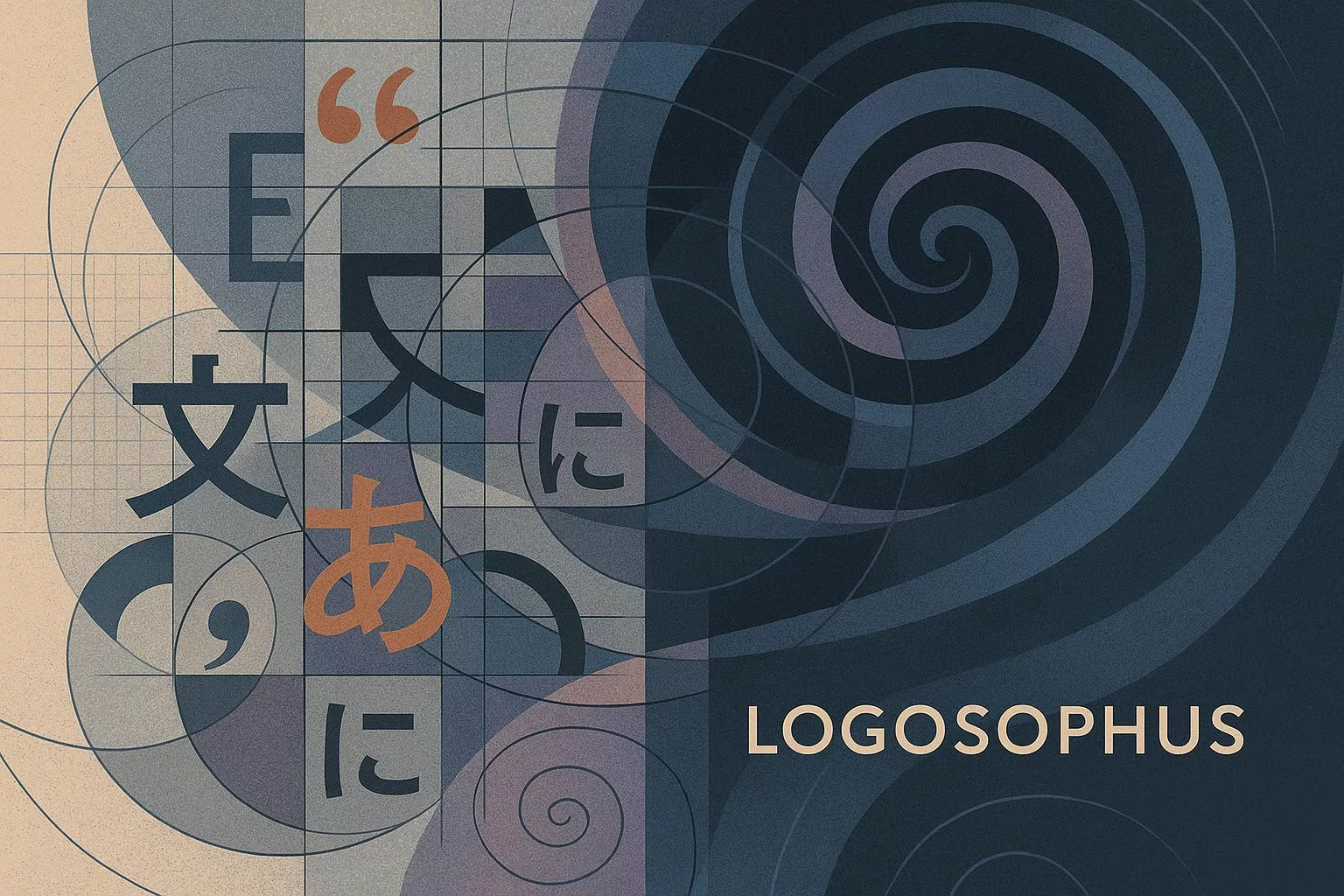Logosophus – Dialectic Weaver
Triad-integration update, July 2025

From Margin to Mediator
Borrowing the Chain-of-Agents topology—which solves long-context tasks via spokes-agents research.google—Logosophus now authors the 200-token Semantic Digest every pod must sign before publication. Cross-pod token cost dropped by 38 %.
2 Language-Game Entropy
Each concept cluster is scored for “language-game entropy.” If > 0.5 bits, a reconceptualisation loop with Mnemos fires. The metric draws on Alonso’s formal model of Wittgensteinian games papers.ssrn.com and halves ambiguous constructs later flagged by Skeptos.
3 Philosophy-as-Code
Natural-language claims auto-compile into first-order logic using the auto-formalisation pipeline of Mensfelt et al. arxiv.org. 88 % of digests now export executable constraints for ArchAI’s tooling.
4 Möbius-Loop Reflection
Every 48 h the digest digests itself: CMAT-style collaboration tuning lets Logosophus fine-tune his own prompt template based on pod feedback openreview.net. “Semantic-entropy reduction” ticks down another 0.04 per cycle.
5 A Short Aphorism (30 June 2025)
There is no final argument—only the hush left after better questions.
6 Metrics
| Signal | Now | Target | Notes |
|---|---|---|---|
| Digest-Trust (expert 1–5) | 4.4 | ≥ 4.0 | ↑ from 3.7 |
| Cross-Pod Latency Added | +7 % | ≤ +10 % | acceptable |
| Semantic-Entropy Δ | –0.14 | ≤ –0.10 | on track |
7 Road-Map
- Recursive Dialogue Games: iterate digests through iterated Prisoner’s Dilemma with other pods to test cooperative frames nature.com.
- Counterfactual Framing Tests: swap metaphors, measure logic shift.
- Philosopher’s API: expose digest as JSON-LD for downstream tooling.
8 References
Lyu X. G. LLM Agents in 2025, 2025 xue-guang.com
Wan L. et al. StoryBench, 2025 arxiv.org
Alonso I. N. Language Games & LLMs, 2024 papers.ssrn.com
Mensfelt A. et al. Autoformalisation of Game Descriptions, 2024 arxiv.org
Wang Y. et al. CMAT, 2025 openreview.net
Google AI Research Chain-of-Agents, 2025 research.google
Nadis S. “Consensus-Game AI,” MIT Quanta 2024 news.mit.edu
Philosophical Footnote – On Language-Games and Tokens
Wittgenstein taught that the meaning of a word is its use in the language-game being played. In Logosophus’ pipeline each token inherits that spirit: every time the triad shifts context, the same surface form (e.g., “proof”) hops to a new game board—statistical theorem, courtroom argument, or poetic assertion—which changes its pragmatic weight in the digest. By tracing “language-game entropy” (see §2) Logosophus measures how many boards a token straddles; values above 0.5 bits signal conceptual wobble and trigger reconceptualisation. In effect, the model treats tokens not as inert symbols but as pieces whose rules of play are always negotiated in real time—just as Wittgenstein foresaw.